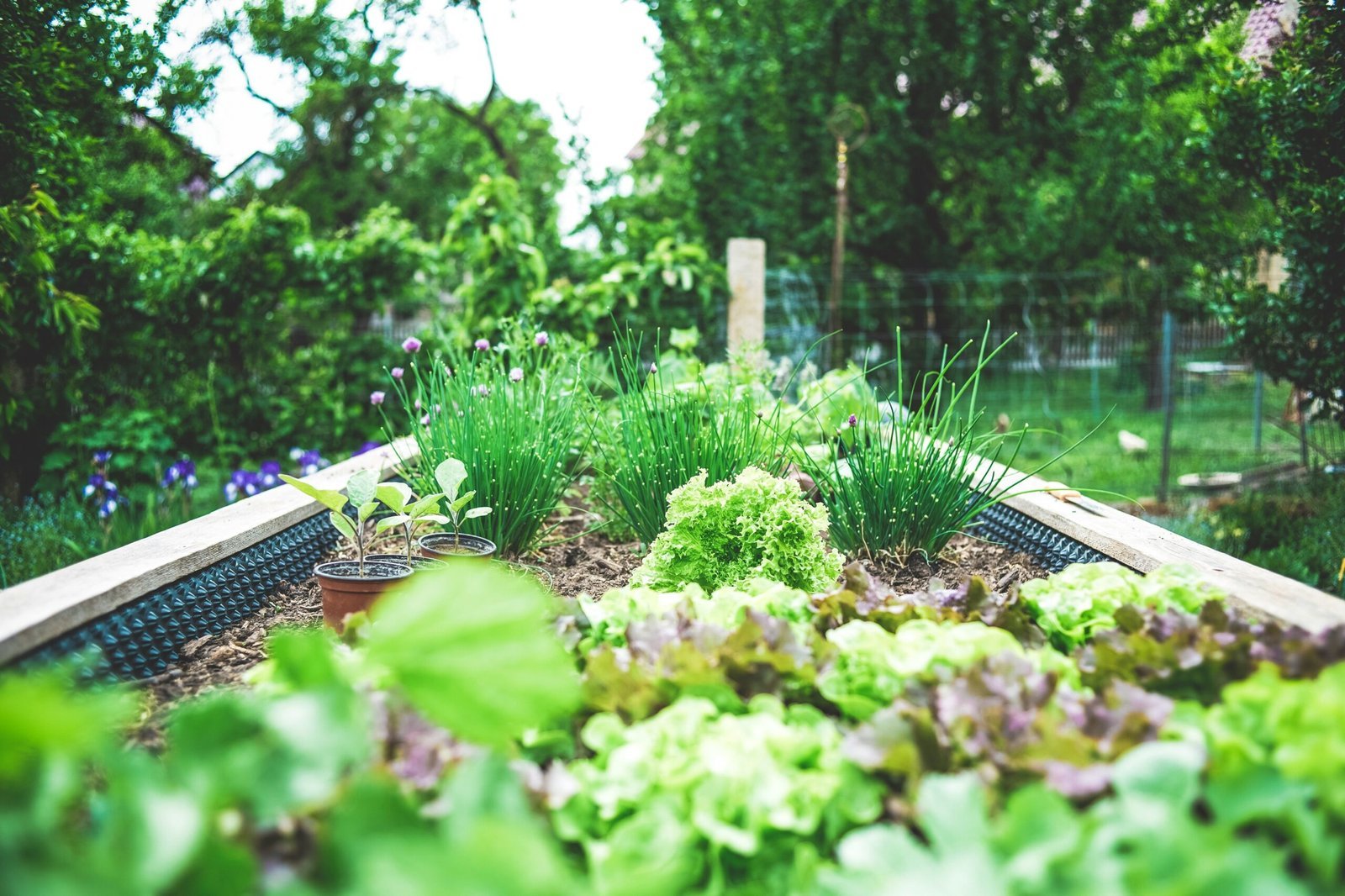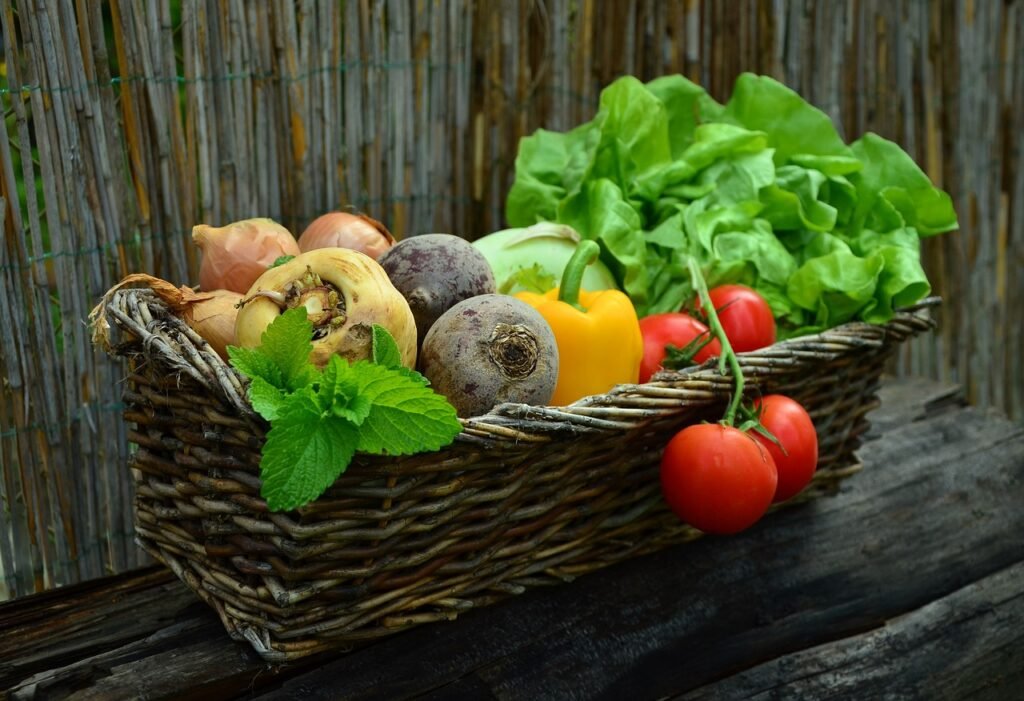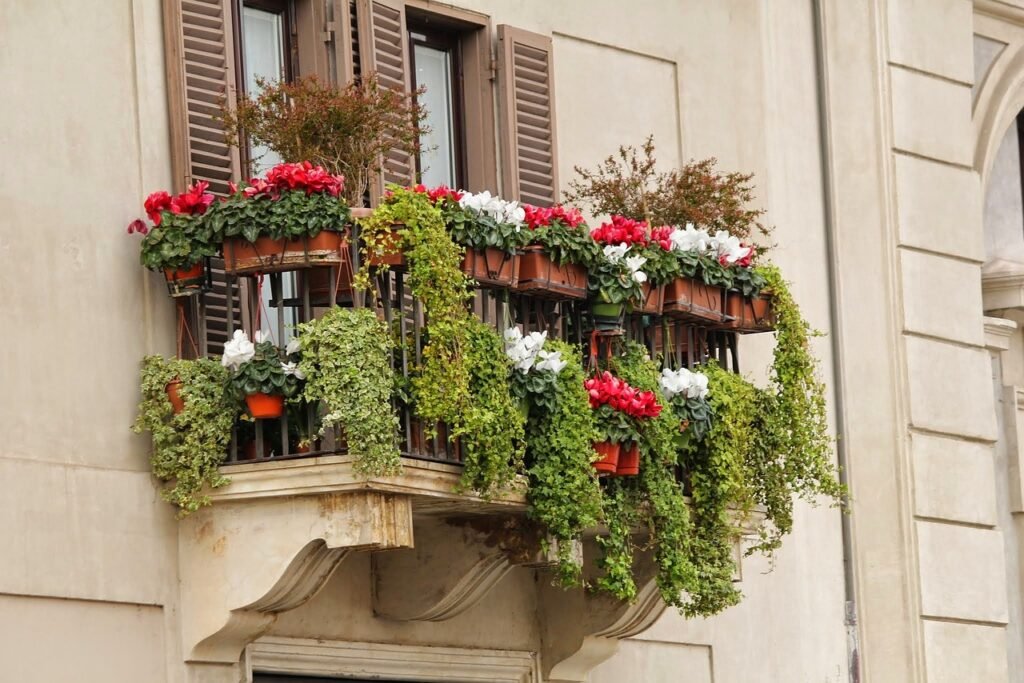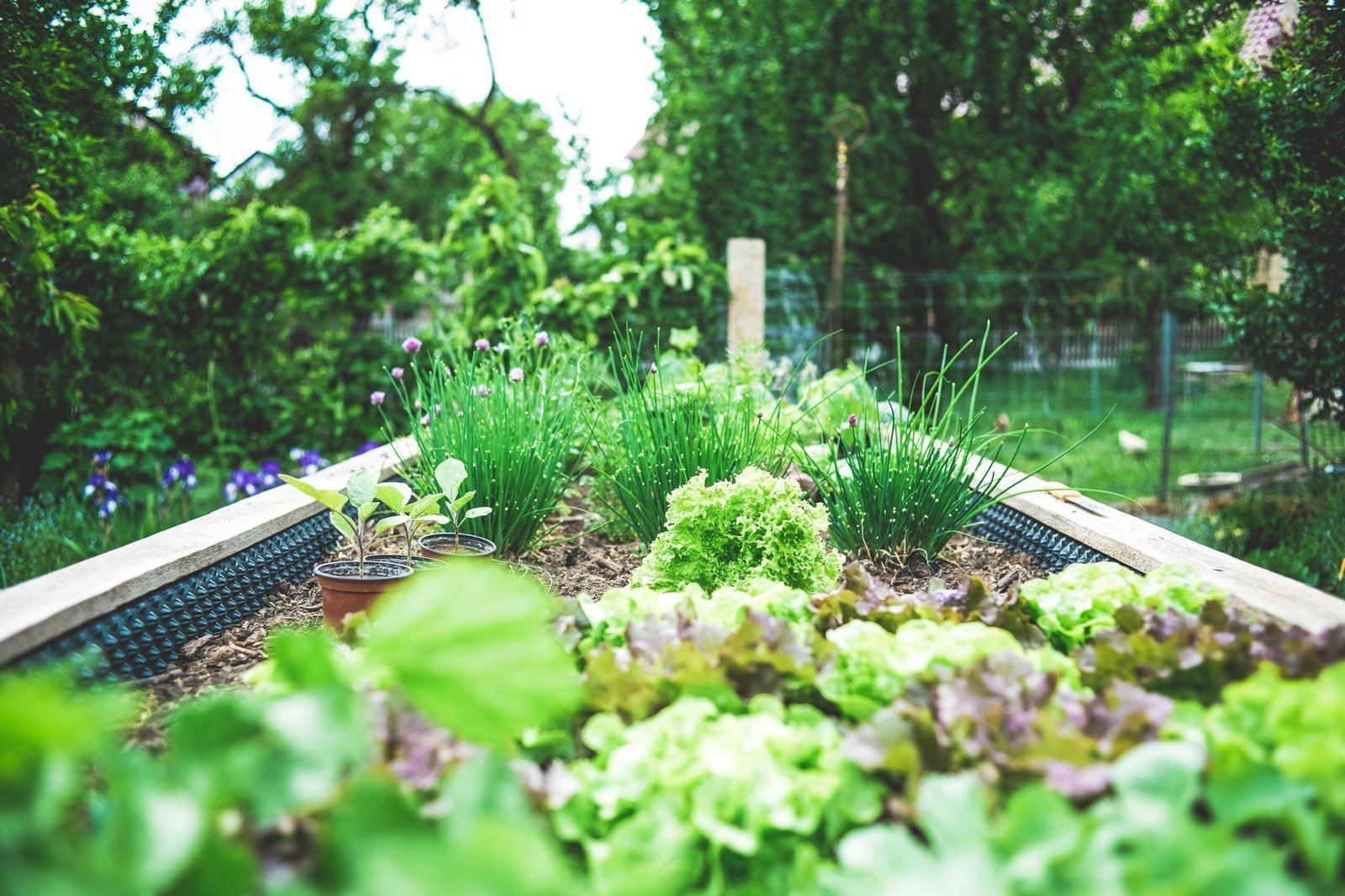
Introduction to Urban Gardening
Urban gardening has become a common practice in the United Kingdom as more city dwellers seek to make the most of their limited living spaces. This trend, often referred to as small space gardening, allows people to cultivate their own urban vegetable gardens, even in the heart of bustling cities.
There are several benefits to urban gardening. Firstly, it provides access to fresh produce, enabling people to enjoy vegetables at their peak ripeness and nutritional value. Also, instead of purchasing organic produce at premium prices, urban gardeners can harvest their own, thus reducing grocery expenses.
Moreover, urban gardening contributes positively to the environment. By cultivating plants in urban areas, gardeners help to improve air quality and reduce the urban heat island effect. Furthermore, urban gardening can foster a sense of community as neighbours share tips, seeds and sometimes even surplus produce.
As interest in urban gardening continues to grow, it is clear that this practice is not just a fleeting trend but a significant shift towards healthier living and environmental stewardship. Whether for the love of gardening or the desire to lead a more sustainable lifestyle, urban gardening offers a practical and enjoyable solution to the challenges of modern urban life.
Choosing the Right Vegetables for Small Spaces

The best vegetables for small spaces are those that are compact, have high yields, and are adaptable to container gardening. It’s essential to consider the plant size, sunlight, and water requirements to optimize your urban garden.
Cherry tomatoes are an excellent choice for urban vegetable selection due to their compact size and high yield. Herbs like basil, parsley, and chives are also perfect for small spaces, offering versatility in culinary use and the ability to grow well in pots with minimal space.
Lettuce, particularly loose-leaf varieties, are well-suited for small urban gardens. They grow quickly and can be harvested multiple times throughout the season. Radishes are another great option. They mature rapidly, allowing for successive planting and continuous yield. Both lettuce and radishes have relatively low sunlight requirements, making them adaptable to partial shade conditions often found in urban environments.
Companion planting is a valuable strategy to maximize space and productivity in small gardens. Planting compatible vegetables together can enhance growth and reduce pest issues. For instance, tomatoes and basil make excellent companions, as basil can deter tomato pests. Similarly, radishes can be planted alongside lettuce to utilize space more efficiently and improve overall yield.
Crop rotation is another crucial technique for urban gardening. Rotating crops helps maintain soil health and reduces the risk of disease. For instance, after harvesting lettuce, consider planting a root vegetable like carrots in the same container to make the most of the nutrient profile left behind.
By carefully selecting the best vegetables for small spaces and employing companion planting and crop rotation strategies, urban gardeners can create productive and sustainable gardens even in the most confined environments. In the UK climate, choosing adaptable and resilient varieties will further enhance the success of your urban garden.
Creative Gardening Solutions for Limited Space

Innovative and practical solutions can transform even the smallest areas into thriving green spaces. Vertical gardening is a popular technique that maximizes the use of vertical space by growing plants upwards rather than outwards. This method can be implemented using trellises, wall-mounted planters or even repurposed pallets, making it an ideal urban gardening solution.
Container gardening is another effective approach, allowing for flexibility and mobility. Containers can be placed on balconies, patios or rooftops, and come in various sizes and materials suitable for different types of plants. Ensuring proper drainage is crucial to prevent waterlogging and promote healthy root development. Using high-quality soil and organic compost can significantly enhance plant growth and yield.
Window boxes and hanging baskets are excellent for gardeners with limited floor space. These options not only add aesthetic appeal but also make use of otherwise underutilized areas. Balconies and windowsills can become vibrant, productive spaces with the right selection of plants and proper care. Herbs, flowers, and even small vegetables can thrive in these environments, providing fresh produce and a touch of nature to urban dwellings.
Soil quality is a fundamental aspect of successful small space gardening. Urban gardeners must invest in nutrient-rich soil and regularly amend it with organic compost to maintain fertility. This practice ensures that plants receive the necessary nutrients to grow robustly. Proper drainage is also essential, as it prevents root rot and other water-related issues.
Rooftops and indoor spaces offer additional opportunities for urban gardening. Rooftop gardens can be designed to accommodate a variety of plants, while indoor gardening can be facilitated with the use of grow lights and suitable containers. Both options provide a means to cultivate a garden in areas where outdoor space is limited or unavailable.
Maintaining a Healthy Urban Garden

Ensuring the vitality of your urban garden requires a disciplined approach to maintenance. Regular watering schedules are crucial; most vegetable plants need about an inch of water per week. However, the specific needs will vary based on the type of plants you have and the season. Implementing a drip irrigation system can help maintain consistent moisture levels, which is particularly beneficial for urban gardens where space is limited.
Pest control is another critical aspect of urban garden maintenance. Natural pest control methods, such as introducing beneficial insects like ladybugs or using neem oil, can be effective without harming your plants or the environment. Regularly inspecting plants for signs of pests and diseases will help you address issues early before they escalate.
Seasonal gardening tips are essential for urban gardeners who face distinct challenges and opportunities throughout the year. In the spring and summer, focus on planting fast-growing vegetables, while autumn is ideal for root vegetables and leafy greens. Winter might require more creative solutions, such as indoor gardening or using cold frames to extend the growing season.
Harvesting vegetables at the right time is crucial for both flavour and nutritional value. Keep an eye on maturation indicators specific to each vegetable type. For example, tomatoes should be picked when fully coloured, while lettuce is best harvested before it bolts.
Urban gardeners often face the challenge of limited sunlight and pollution. Choose plant varieties that are shade-tolerant and make the most of any available light by using reflective surfaces or vertical gardening techniques. Additionally, using raised beds and high-quality soil can help mitigate some pollution issues by providing a cleaner growing environment.
Community gardening initiatives and support networks can provide valuable resources and a sense of camaraderie. Engaging with community gardening UK projects can offer access to shared tools, knowledge, and experience, which can be particularly beneficial for novice urban gardeners.
By adhering to these urban garden maintenance strategies, you can cultivate a thriving and productive garden even in the most confined spaces.


